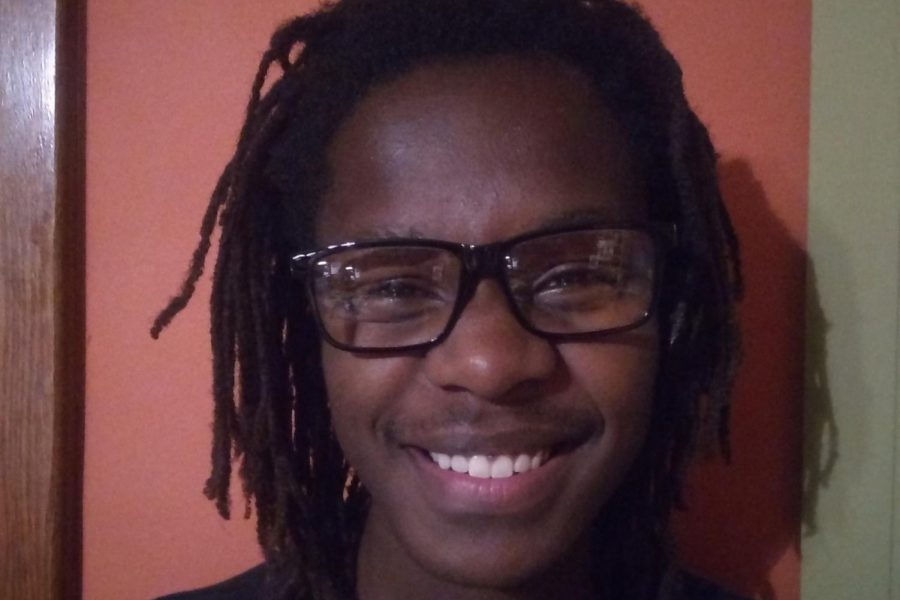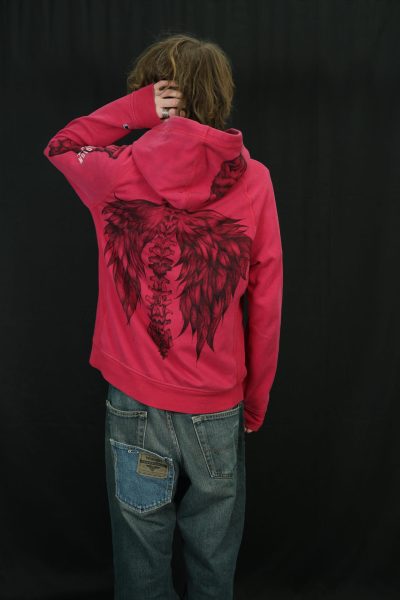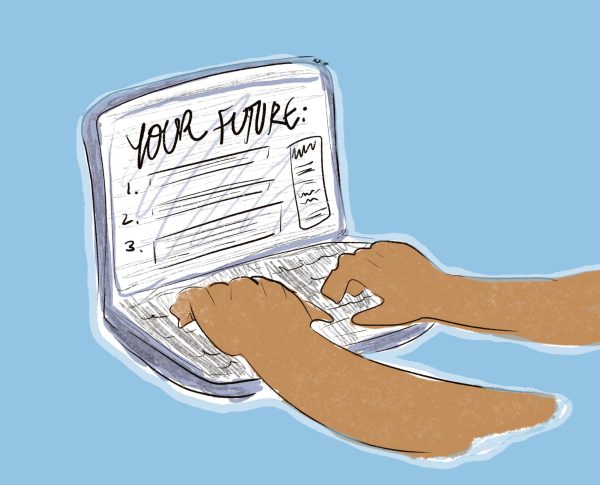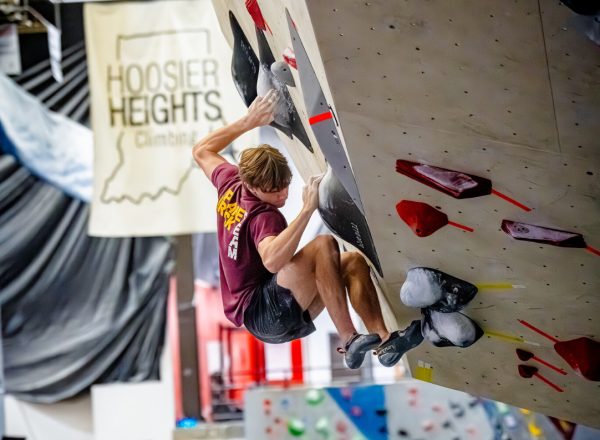Accepting ASL
“I hope to have an impact on who they are, but also not take away from what they can bring into the world,” Collin Melnycowycz, a senior at Pioneer High School, said.
Melnycowycz has been studying American Sign Language (ASL) for four years and plans to continue his studies in college. He has looked into several schools with ASL programs, such as Washtenaw Community College (WCC) and Madonna University. While attending a tour of WCC, he inquired about their ASL programs.
“They said, ‘It’s in the works,’” Melnycowycz said. “What is that supposed to mean? Is there none at all? Are you doing it from the ground up?”
Melnycowycz has become a bit exasperated with the lack of access to ASL programs.
It is clear that he has given this serious thought. ASL is not always accessible to those who choose to study in college, as they make up only seven percent of language students in college. Spanish, for comparison, makes up over 50 percent of students.
Melnycowycz’s family is supportive of his choice to study ASL. They believe that it is a great opportunity for him. Despite this, no one in his family has taken quite the same interest that Melnycowycz has.
“I’ve tried to teach them simple signs, like 1-10 and stuff like that,” Melnycowycz said.
Though they’re willing to learn, he says they definitely need to take a slower approach than he does.
In his sign language class, Melnycowycz is one of the top students. He began taking an interest in the subject in eighth grade during an independent study. There was an individual who is deaf in his class, so he decided to learn the ASL alphabet and tried to teach it to his class.
That student was the real reason he became interested in sign language in the first place.
¨I saw him every day, and I tried to communicate with him, which was fun,” Melnycowycz said.
Collin’s study of the language has inspired him to become an advocate for those who are deaf and hard of hearing. His classes have helped him gain a better understanding of the struggles faced by the deaf community. In the future, he wants to work towards easing those struggles as much as he can.
“I want them to actually have fair representation,” Melnycowycz said. “Because even though, yes, it is considered a disability, it isn’t really. They can do whatever they want to do. People just have to see them.”
Melnycowycz believes there should be better education on the struggles of people who are deaf or hard of hearing, and that people should make a more conscious effort to be accepting.
“They’re more normal than you think, they just can’t hear as well as we can and they need assistance with hearing aids,” Melnycowycz said. “And if they want to feel more welcome, I feel like more people should just learn the basics of sign language or something. That would be a big step to helping them feel more welcome and less awkward or different. Although different can be great.”
He says one of the most uncomfortable questions people who are deaf face is whether or not they can lip read.
“It would be nice if they didn’t have to lip read and if you stepped into their shoes or learned a little bit of sign,” Melnycowycz said. “Just a little bit would go a long way. Really.”










